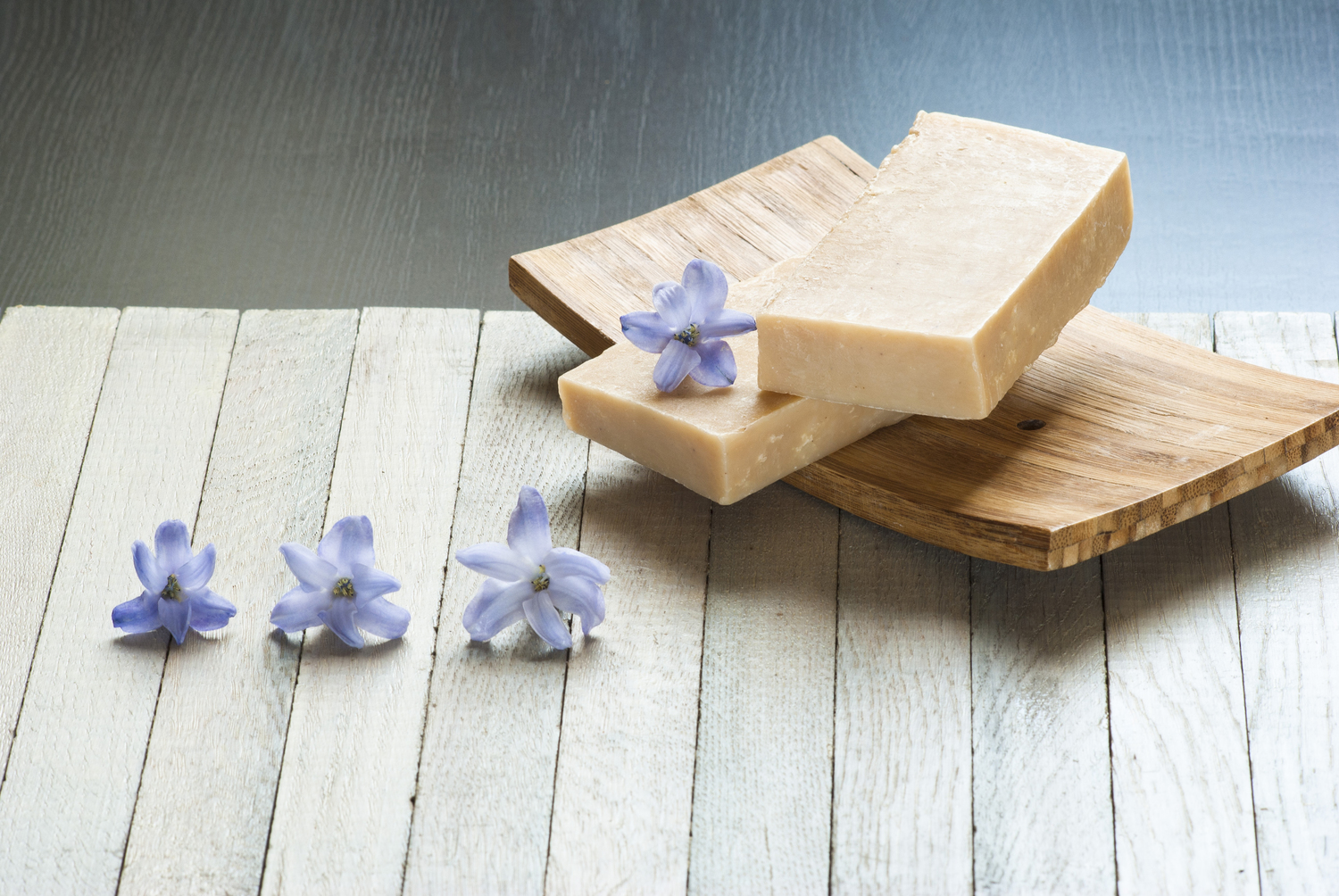
Trigger Soaps for Eczema
Eczema is one of the more common and difficult to manage skin conditions. It’s defined by symptoms that range in severity from light itchiness all the way to rashes, scales, and blisters sensitive enough to burst or tear. One of the most problematic issues associated with the condition is the fact that a variety of materials can trigger these symptoms.
Soaps and body care products in particular are often a huge trigger for eczema patients. Avoiding the following soaps can help to reduce eczema symptoms and flare ups:
1. Soaps with strong or harsh fragrances
Companies create fragrances by adding a number of different complex compounds. These are essentially chemical agents unrelated to cleanliness. Even natural fragrances can pose some serious risks as a eczema trigger, and many eczema and atopic dermatitis patients report a trend with natural substances causing big problems for skin health. If you suffer from either condition it may be best to look for soaps with no added fragrances.
2. Antibacterial soaps
Antibacterial agents are used to kill germs instead of washing them off our body. This is generally a problematic approach since it leads to antibiotic resistant bacteria. While antibacterial agents only act as an eczema trigger for some patients, these ingredients are often harsh on the skin because they are meant to kill bacteria, however, they often end up also eradicating beneficial microorganisms, which keep our skin healthy.
3. Soaps containing cocamidopropyl betaine
Soaps with cocamidopropyl betaine, derived from coconut oil, might sound like the perfect match for those with skin issues. After all, natural compounds are usually held up as universally beneficial. But it’s important to keep in mind that eczema operates in a similar manner to basic allergies. And allergies are almost always linked to natural compounds. This is part of the reason why this cocamidopropyl betaine, also known as CAPB, can act as an eczema trigger. Soaps usually use it as a surfactant to keep the soap properly slippery. But anyone suffering from eczema should ensure the ingredients don’t contain CAPB.
4. Soaps with botanical oils
We’re once again faced with a natural substance, which can act as an eczema trigger. Botanical oils are usually used to add nice scents, or beneficial effects, to soap. However, patients may react to them similarly as they do to coconut oil. Natural substances are beneficial to most people, often become a huge problem for those with sensitive skin due to specific allergies. Thus, it’s quite common for an otherwise benign oil to act as an allergen and eczema trigger for some patients.
5. Soaps with propylene glycol
This compound is commonly used as an emulsifier in soaps and moisturisers. It’s also a known trigger for eczema. This fact has become more widely known over the past few years. In fact, in 2018 the American Contact Dermatitis Society named propylene glycol the “Allergen of the Year” for this reason. However, it naturally takes a long time for companies to start moving away from common ingredients. For the moment, eczema patients should carefully examine the ingredients of their soap to make sure it doesn’t contain this highly allergenic glycol.
6. Soaps containing methylchloroisothiazolinone (MCI) and methylisothiazolinone (MI)
Soaps containing MCI and MI might not seem like much of a concern at first. After all, the alphabet soup of a chemical name won’t strike most people as a common ingredient. But in fact, it’s an incredibly common preservative used in a wide variety of cosmetics, soaps and other personal care products. As the compound is an incredibly effective way to keep biologically active compounds in a stable condition over extended periods (i.e., preserves shelf-life). But it’s also a strong trigger for eczema. This is even more worrisome given how common it’s become in skin care products.


